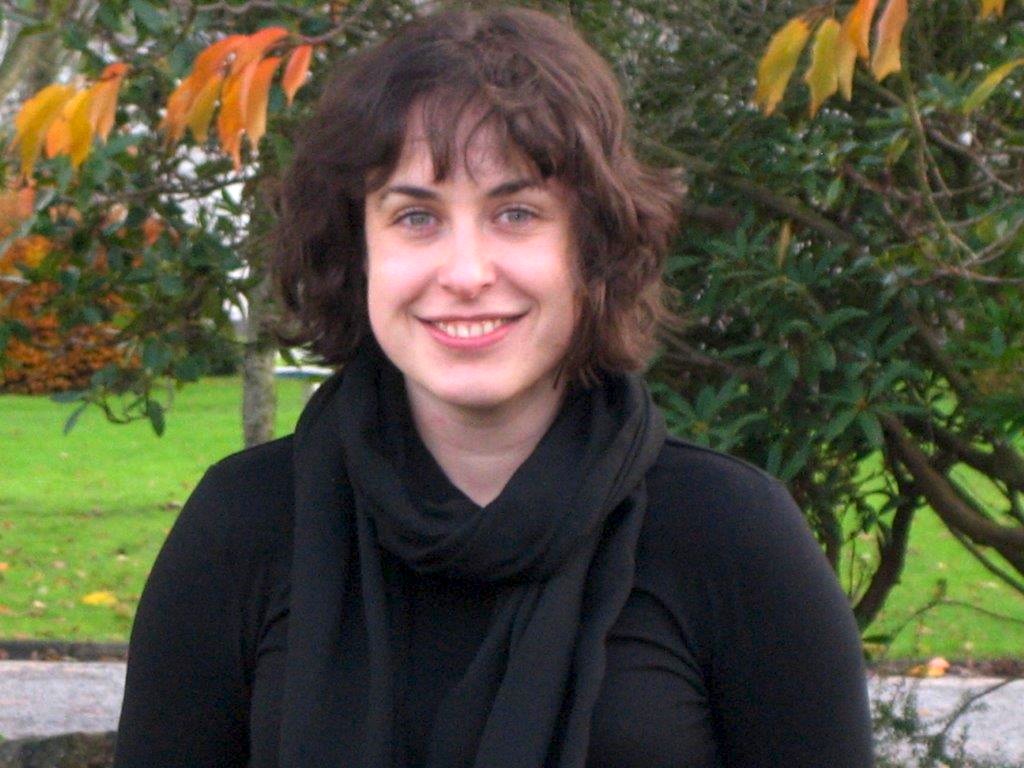Human rights: cause, consequence or transforming conflicts?
by Ignacio Álvarez PRIETO for Shared Future News
10 December 2014
As part of the Human Rights Festival events in Belfast, Dr Louise Mallinder, from Ulster University, addressed in St Mary’s University College the lecture Human Rights: From Conflict to Transitional Justice, regarding the role of human rights in the context of war, conflict and transitional justice in post-conflict societies.
The 10th of December is recognised worldwide as the Human Rights Day. This date is used by civil society groups to raise awareness of how human rights improves the lives of individuals and the functioning of the states, to highlight human rights challenges locally and internationally, and to draw lessons from experiences of human rights defenders around the world.
Dr Mallinder’s lecture was based on field research for an international project that explored the role of lawyers in the context of repression, violent conflict and transition in places like Chile, Cambodia, South Africa, Tunisia, Palestine and Israel.
The themes Mallinder approached where: human rights, revolution and conflict resolution; human rights, cultural relativism and the transition; and law, politics and the application of human rights during political transition.
According to Dr Mallinder, many international institutions and NGOs working on human rights came to existence in the 1960s-70s. During this period, they started documenting and denouncing human rights violations in periods of war. During her research, she discovered three facts relating human rights: first, that its violation can be the cause of conflict; second, they can also be the consequence of conflict; but third, they can also transform the conflict itself.
She added that there are differences between human rights and transitional justice. Work on the latter was started by human rights actors, but these two fields have diverged in some ways, even though human rights laws and action laid the foundation for transitional justice. Today, transitional justice focuses on war crimes and gross violations of human rights. It places greater emphasis on the need to take local voices and the importance of cultural practices to be taken into account. Its mechanism is increasingly evaluated in terms of the extent they can contribute to social goals such as peace, democracy and reconciliation. But at the same time, transitional justice is often viewed as a temporary exceptional phase.
Back to her research, Dr Mallinder recognised that human rights has been a cause of conflict, as they were in the heart of revolution, giving the example of Tunisia in 2011. But human rights try to create universal standards. Some debates arose regarding if those should be adapted to local context.
Since its inception, transitional justice has accepted some flexibility and believes in the importance of political context to be taken into account. Transitional justice is viewed as a special form of justice, but one adapted to societies transforming during periods of transition. It still continues to rely on human rights for its legal framework.
Dr Louise Mallinder is a reader in human rights and international law at the Transitional Justice Institute (TJI) at the University of Ulster. Her research focuses on law, justice and transition, with a particular expertise in amnesty laws.













